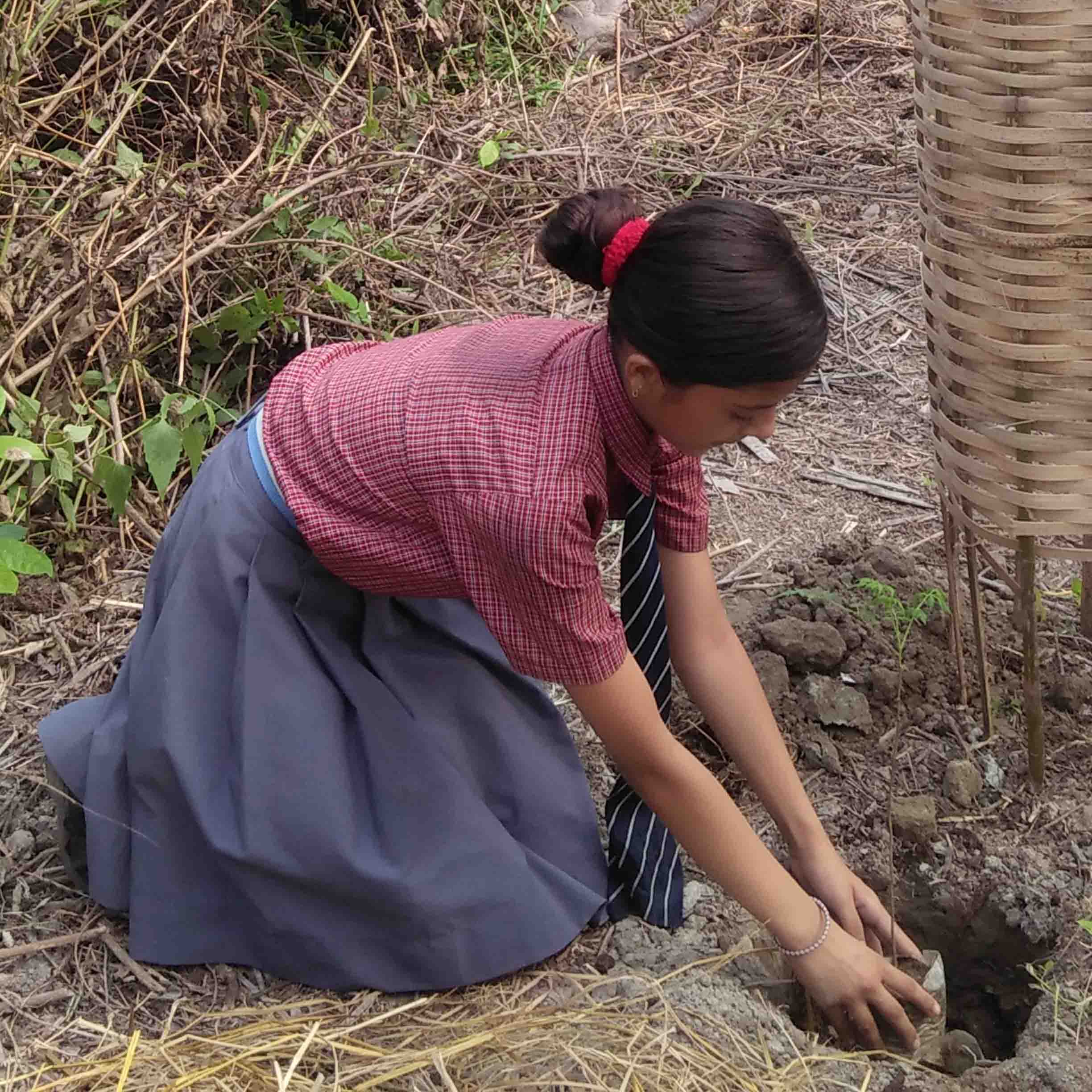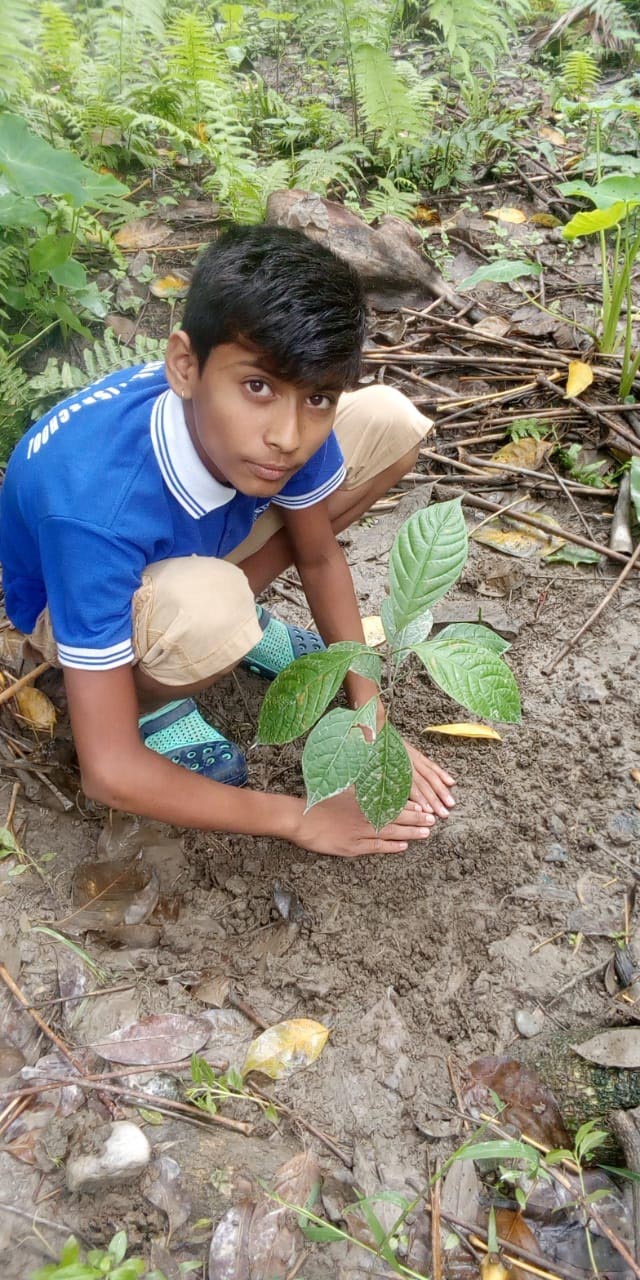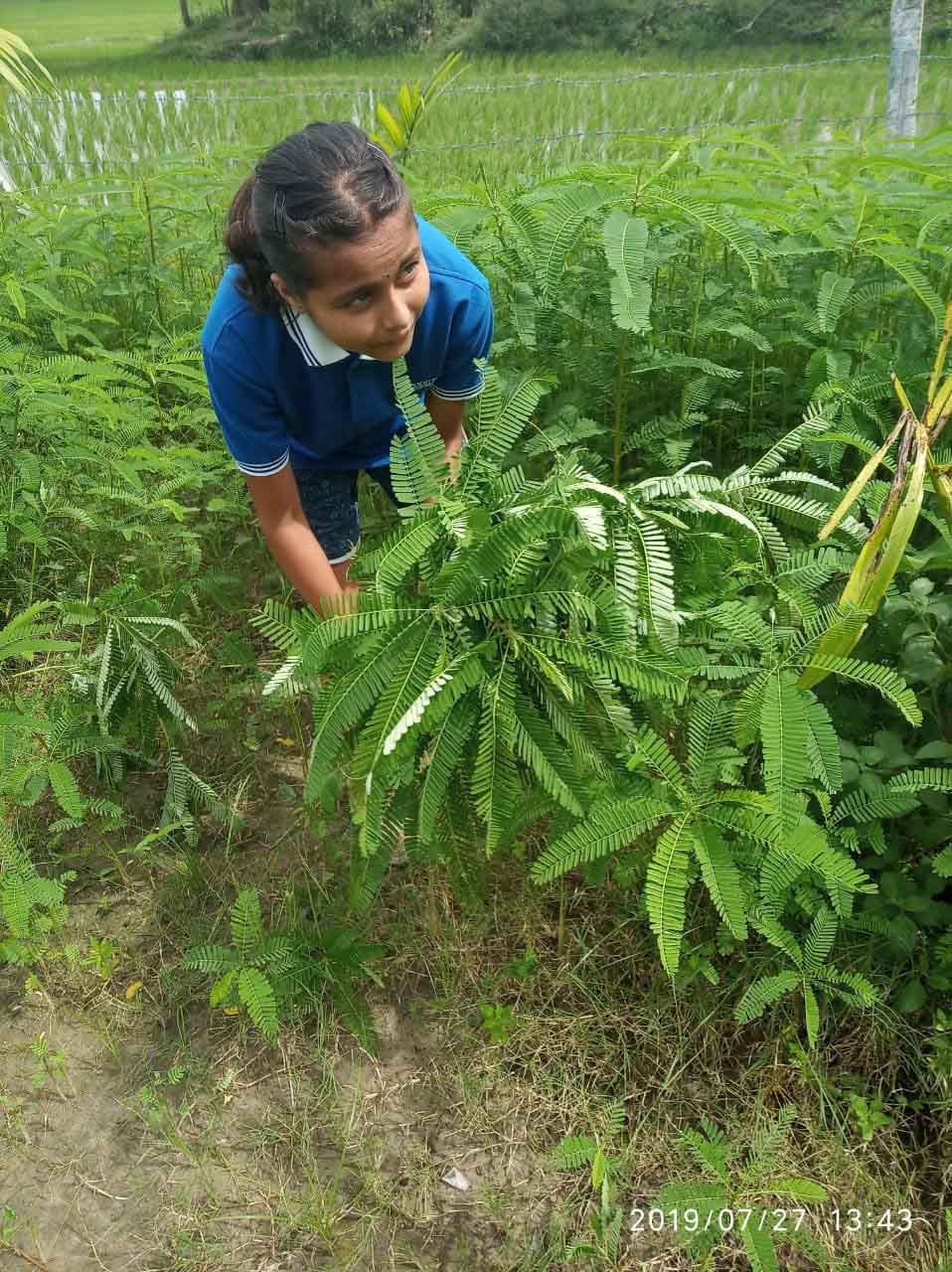
The pandemic Covid 19 has taken a big toll in every sphere of human lives around the world though the magnitude of its impact may vary from country to country. It is an unprecedented catastrophe which the human civilization had perhaps hitherto witnessed. The Govt. of India called for a nationwide lockdown on 23rd March, 2020. It was the reversal of life when human beings went indoors and animals came outdoors. People were unhappy staying indoors but it made the other creatures happy. Nature went into repair mode during the time of lockdown that resulted in fresh air, clean water and breathing soil. The forest animals were out in the city highways, turtles were out in the sea beaches and the snow covered distant mountains gave a smile to the confined city people. The most polluted rivers in the country whom no human initiative had succeeded to clean did the job themselves without spending a farthing.

There was an exception to the way World Environment Day was celebrated this year. Plantation programmes have become indispensable programmes of the World Environment Day. There were no community plantations at large scale except a few official plantation programmes with a handful of people. Students and citizens planted saplings at their homes and immediate neighbourhood. Government as well as non- Govt. agencies organised webinars in lieu of meetings and seminars. There were no student rallies around .A few competitions were organised among students online .Of course people clicked photos of plantation and uploaded in social media. There was no massive media coverage like the preceding years. It is quite encouraging to see that many families or schools have inculcated in children the habit of planting a sapling on their birthdays as well as on the death anniversaries of family members. It has become a custom to plant saplings before commencement of an official or community level programmes of late. It would yield better result if the children are also trained with the habit of protecting and taking care of the plants until they grow tall. An Indian politician observed that we need to plant a sapling in our hearts before planting them outside. If it is otherwise, mere ritualistic celebrations of Environment Day will not help the world much. With these tiny steps nobody expects to compensate the loss of green cover caused by mega development projects , conversion of forest land to cultivable land to cultivable land and massive forest fires which are not doused with equal promptness as it is done in case of human establishments. The tiny steps, however, must continue.

Some individuals, organisations and communities have kept the green lamp of hope illuminating with their yeoman’s service. With individual initiative some of them have turned barren land into lush green forest. Molai forest in world’s biggest river island Majuli near Kokilamukh in Jorhat district of Assam is such a shining example served by Jadav Payeng .Similar initiatives have been taken by some conservation societies or community based organisations in Udalguri and Baksa district of Assam.
Air, water and soil are the natural components of the environment which are facing threat from the human activities. The industrial waste, domestic waste, mining waste, agricultural waste, commercial waste, healthcare waste and such others have taken big toll on these elements of environment. It is the need of the hour that human greed must be chained. We must keep in mind that we must keep the world alive to keep ourselves alive.
The lock down was also a period of realization that the world should go on a lockdown for certain days every year, not under compulsion but by choice and we must leave a room for nature. If it is done with global consensus the Environment does not need a day for celebration.